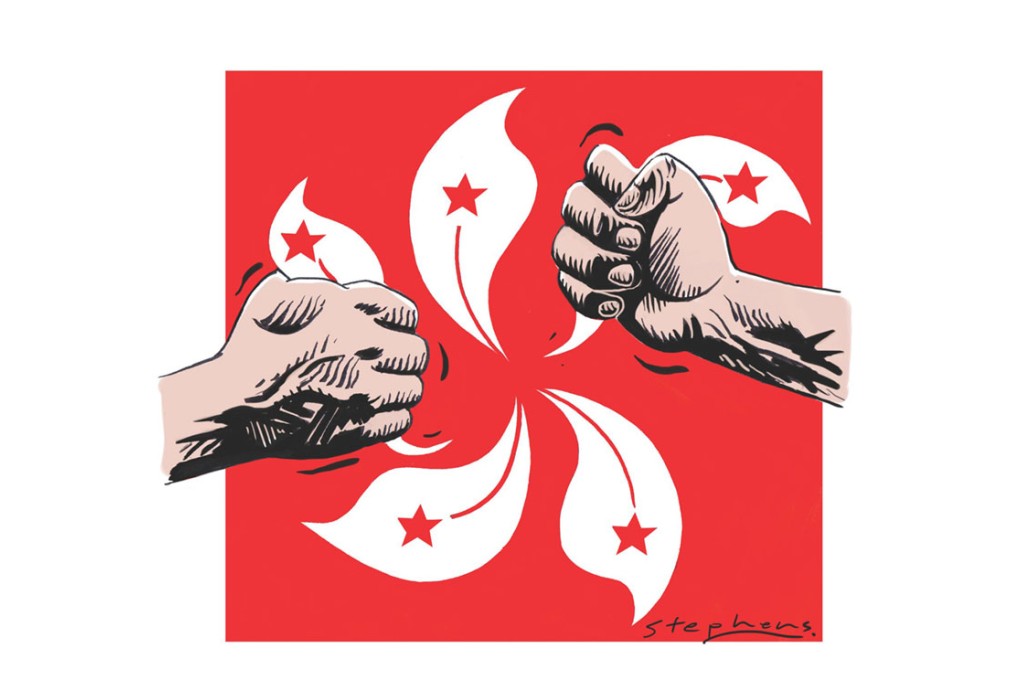Confrontations will continue unless we work to heal the political wounds
Sonny Lo calls on both the pro-democrat and pro-Beijing camps to stop the finger-pointing and take steps to de-escalate their confrontation, to bring street protests to a peaceful end

The arrest of students who stormed Civic Square on Friday and the police's use of tear gas to disperse crowds of protesters near government headquarters in Admiralty on Sunday night brought matters to a head. But whatever the outcome of the Occupy Central movement, we should now focus on how to go about healing the wounds of political confrontation amid the deep distrust that exists between pro-democracy supporters and the Hong Kong government.
The confrontation between police and protesters over the weekend was terrible. Since the declaration early last year that a civil disobedience movement would take place if the 2017 chief executive election reform proposal proved unsatisfactory, Hong Kong has seen tensions rise at both ends of the political spectrum. Events - including Occupy's deliberation days; the State Council's white paper stressing Beijing's comprehensive jurisdiction over Hong Kong; the launch of an anti-Occupy movement; and the National People's Congress' reform framework - have added to the pressure.
But most disastrous was the move to build a high metal fence outside government headquarters in Tamar that would restrict access to Civic Square, the forecourt outside its east wing entrance. The decision was made after some radical protesters tried to storm the Legislative Council building in June. That incident raised fears that Hong Kong could see a repeat of what happened in Taiwan in March when students captured the Legislative Yuan until the government gave in to their demands.
The construction of the gate is understandable from a security perspective, but critics have rightly argued that it has deprived Hongkongers of their right to public space.
On top of the narrowing of public space by the building of the fence, political space in the city has also been squeezed further by the NPC Standing Committee's ruling on electoral reform.
With Beijing adopting a relatively hardline stance, the Hong Kong government is left in the middle of the political sandwich, with the result that it faces a serious legitimacy crisis over demands for a broader scope of constitutional reform.
Democrats should also shoulder their responsibility for the impasse. Raising expectations to an unrealistically high level, notably the demand for public nomination of candidates in the chief executive election, they narrowed the political space for compromise with both the Hong Kong government and Beijing, whether intentionally or unintentionally. Even though the Standing Committee's interpretation does not mean a moderate democrat acceptable to Beijing would be excluded from the final round of candidates being selected for universal suffrage, deep political distrust between the democrats and Beijing has increasingly narrowed the space for compromise.